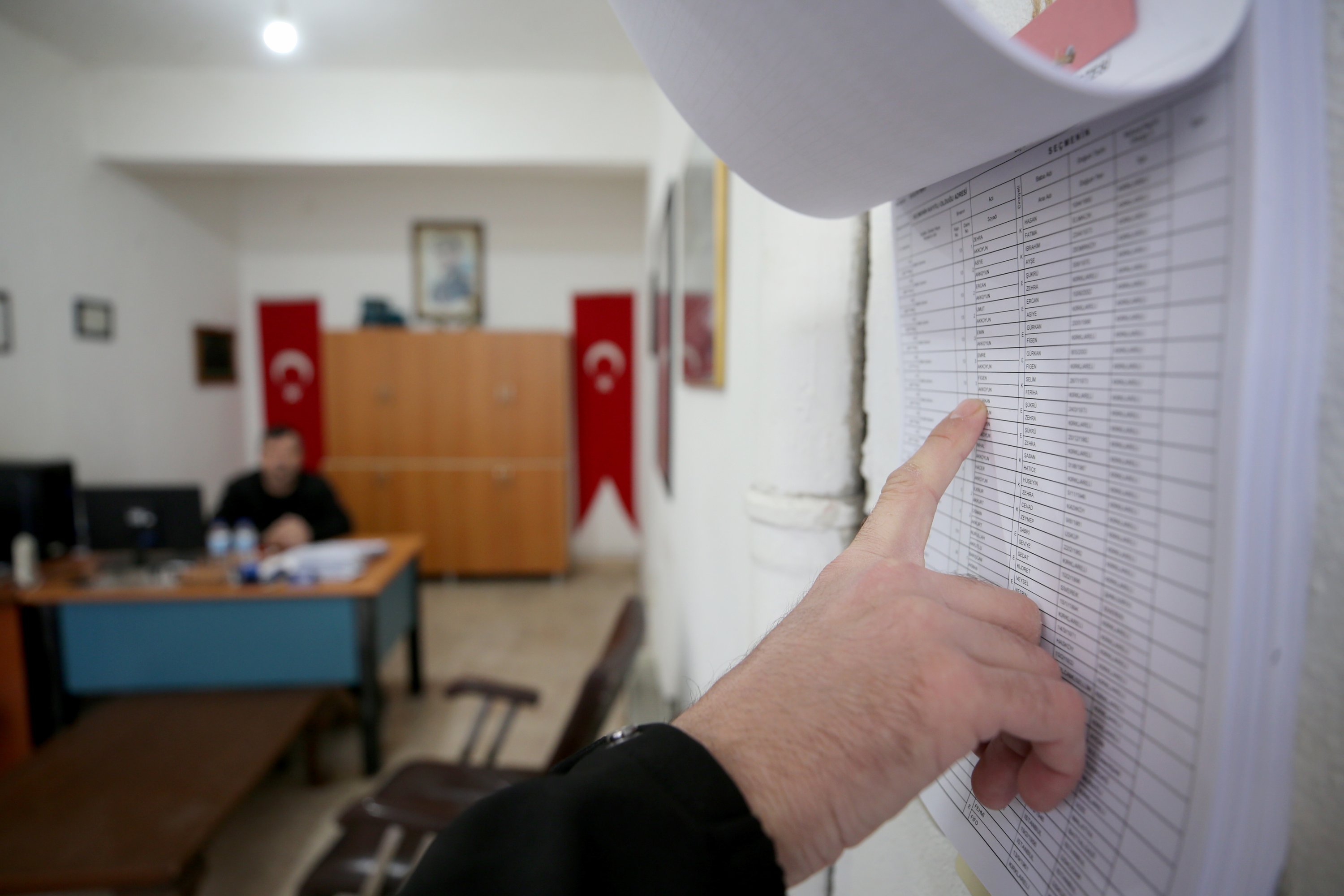© Turkuvaz Haberleşme ve Yayıncılık 2026
Türkiye will see a low voter turnout from the survivors of the Feb. 6 earthquakes in the upcoming elections, the latest situation in the disaster zone has revealed.
Some 60 million Turkish citizens will be heading to the polls on May 14 to elect Türkiye’s 13th president and all 600 lawmakers for Parliament, barely three months after what is now described as the biggest disaster in the country’s modern history that left over 50,000 people dead across 11 southeastern provinces.
In the meantime, some 3 million people displaced by the magnitude 7.7 and 7.6 earthquakes are lagging in updating their addresses and most of them reportedly remain stoic toward the upcoming vote.
At least 1 million people living in the disaster zone are expected not to vote, hinting at a possible weak turnout from the affected region.
Following the construction of temporary shelters featuring tents and containers in the disaster zone, up to 1.2 million survivors who had fled to other cities, including Ankara, Istanbul and Mersin, are now going back to the region.
While returns are expected to continue in the coming days, there are still some 2 million people in other cities unable to return. These citizens are required to register their new addresses until April 2 in order to be eligible to vote but only 400,000 survivors have done so until now. Of these, 300,000 are of voting age. If over 1 million voters don’t register by the deadline, they will not be able to cast their ballots come May 14.
Surveys indicate that 18% of survivors who relocated to other provinces since the tremors are determined not to go back to the devastated region. However, a majority of this group compromises people who came to these cities for work, like teachers and civil servants.
The remaining 82% claim they could return but 28% of these survivors say they would only go back “when schools reopen, the new houses are handed over to them, or when the summer comes."
This widespread reluctance comes in contrast to previous predictions from experts that the historic election could garner a record turnout.
Debates had surfaced after the disaster struck about a possible postponement but President Recep Tayyip Erdoğan adhered to the previously announced date when he renewed the elections, saying, “It’s a must for our country to put this election agenda behind us to recover from and eliminate all traces of the earthquakes, and to boost production and employment.”
He had also assured citizens who had to move would be able to cast their votes from wherever they moved to.
Weeks later, a delegation from Türkiye’s Supreme Election Council (YSK) traveled to the region to examine whether a secure election was possible amid the destruction, which buried many election materials like ballot boxes and voting seals, as well as buildings used for voting, under the rubble.
The delegation determined facilities suitable for setting up polling stations, including tent and container cities, but the issue of voter registrations persists. The board is expected to implement new regulations to facilitate the registration process.

The board also did not change the number of lawmakers per constituency in disaster-hit provinces. The number of lawmakers is usually based on the size of the population. The bigger the population is the more candidates are eligible to be elected.
The application window for lawmakers closed last week as some 6,025 people, primarily women, opted to run under the ruling Justice and Development Party (AK Party) and about 3,500 others put their names in with the AK Party’s main rival Republican People's Party (CHP).
The race will be particularly tight between the two prominent alliances, the AK Party-led People’s Alliance and the Nation Alliance, an opposition bloc made up of six parties.
The Nation Alliance announced the joint candidacy of Kemal Kılıçdaroğlu, the chairperson of the CHP, against Erdoğan.
